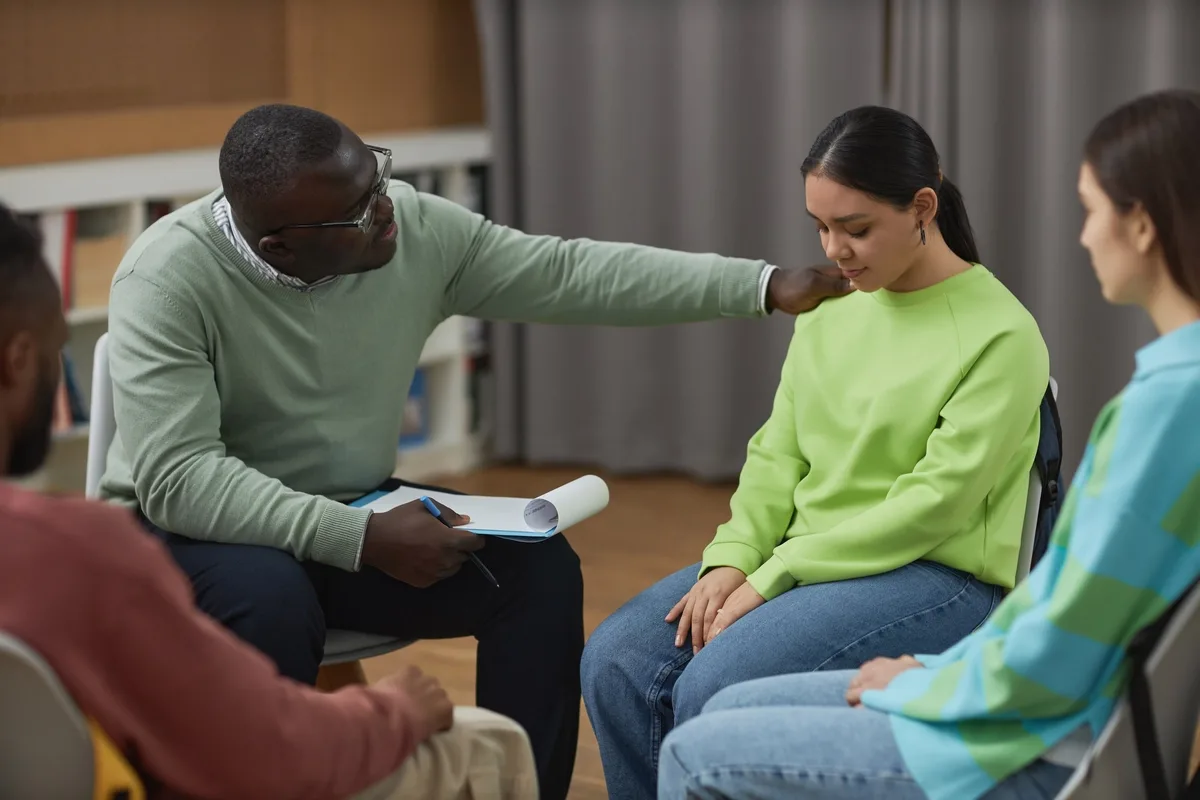24/7 Helpline:
(866) 899-221924/7 Helpline:
(866) 899-2219
Learn more about Partial Hospitalization Program centers in North Augusta
Partial Hospitalization Program in Other Cities

Other Insurance Options

Aetna

Optima

Private insurance

Magellan Health

Highmark

MVP Healthcare

Ceridian

State Farm

Sutter

United Health Care

Absolute Total Care

Magellan

Molina Healthcare

American Behavioral

Choice Care Network

BHS | Behavioral Health Systems

UnitedHealth Group

BlueShield

Holman Group
Beacon

Aiken – Barnwell Mental Health Center – Hartzog Center
Aiken – Barnwell Mental Health Center – Hartzog Center is a public rehab located in North Augusta, S...












